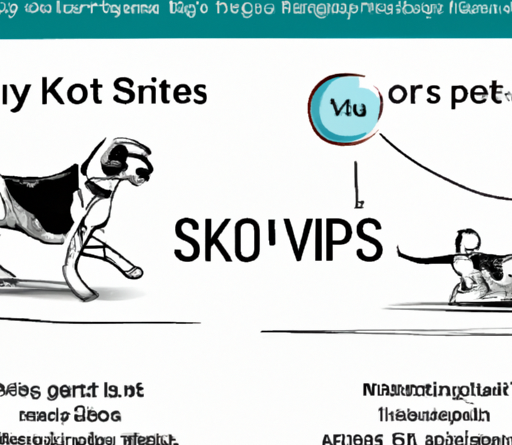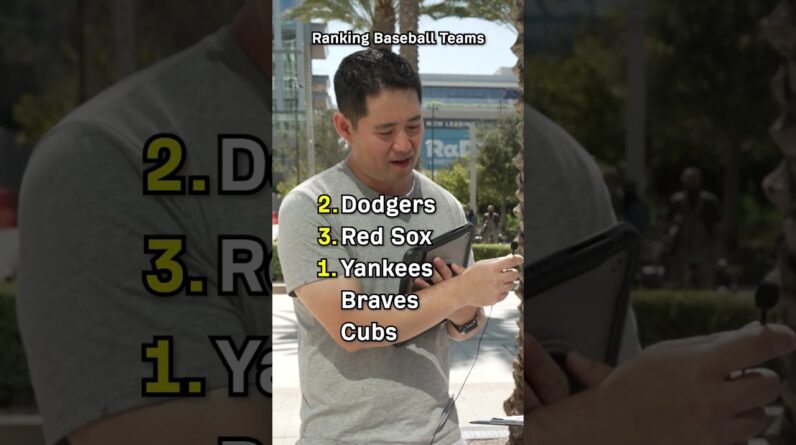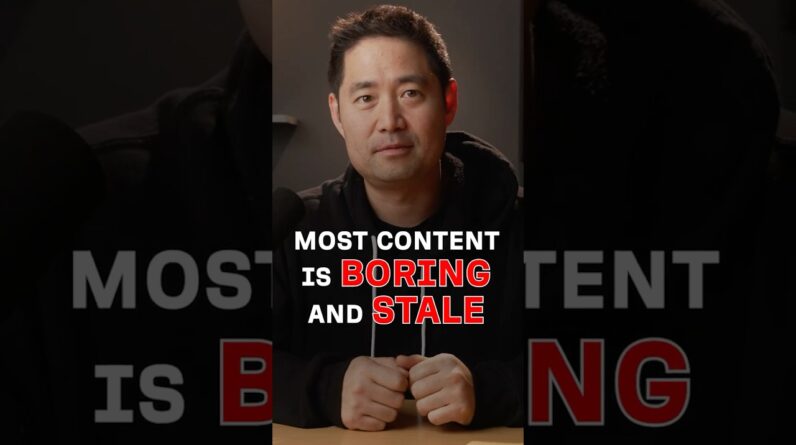
In the world of digital marketing, understanding the difference between on-page and off-page SEO is crucial to improving your website’s visibility and search engine rankings. On-page SEO refers to the optimization efforts you make directly on your website, such as optimizing your content, meta tags, and URLs. On the other hand, off-page SEO involves strategies that are implemented outside of your website, like building backlinks and social media marketing. By mastering both on-page and off-page SEO techniques, you can create a well-rounded and effective online presence that drives organic traffic and boosts your online reputation.
On-page SEO
Definition
On-page SEO refers to the optimization strategies and techniques that are implemented directly on your website in order to improve its search engine rankings and visibility. It involves various elements such as content optimization, keyword research and optimization, meta tags optimization, URL optimization, page load speed optimization, mobile-friendliness, user experience, and internal linking.
Focus areas
When it comes to on-page SEO, there are several key focus areas that you should pay attention to in order to maximize your website’s potential for ranking higher in search engine results pages (SERPs). These focus areas include content optimization, keyword research and optimization, meta tags optimization, URL optimization, page load speed optimization, mobile-friendliness, user experience, and internal linking.
Content optimization
Content optimization is a crucial aspect of on-page SEO. It involves creating high-quality and relevant content that is optimized both for search engines and for your website visitors. This includes using targeted keywords, providing valuable information, using appropriate headings and subheadings, including relevant images and videos, and ensuring that your content is easy to read and understand.
Keyword research and optimization
Keyword research and optimization are integral parts of on-page SEO. It involves identifying the most relevant and effective keywords for your website and optimizing your content to include these keywords. This helps search engines understand the context and relevance of your content, leading to higher rankings in SERPs.
Meta tags optimization
Meta tags optimization involves optimizing the HTML meta tags on your website for search engines. These meta tags provide information and descriptions about your web page. It is important to optimize the meta title and meta description tags, as they appear in the search engine results and play a crucial role in attracting visitors to click on your website.
URL optimization
URL optimization is the process of making your website’s URLs search engine-friendly. This includes using proper keywords in the URL structure, making them short and descriptive, and avoiding the use of unnecessary characters, symbols, or parameters. A clean and optimized URL structure helps search engines understand the content and relevancy of your web pages.
Page load speed optimization
Page load speed is an important factor for both users and search engines. Optimizing your website’s page load speed ensures that your website loads quickly and efficiently, providing a smooth and seamless user experience. This involves compressing images, minifying CSS and JavaScript files, using browser caching, and optimizing server response time.
Mobile-friendliness
In today’s mobile-dominated world, having a mobile-friendly website is crucial for on-page SEO. With the increasing number of users accessing websites on their mobile devices, search engines prioritize mobile-friendly websites in their rankings. Optimizing your website for mobile devices includes using responsive design, ensuring easy navigation, and providing a seamless user experience across different screen sizes.
User experience
User experience (UX) is an important aspect of on-page SEO. Search engines prioritize websites that provide a positive and user-friendly experience. This involves ensuring easy navigation, fast page load speed, engaging and relevant content, clear and intuitive design, and responsive layout. By improving the overall user experience, you can enhance your website’s rankings in search engine results.
Internal linking
Internal linking plays a crucial role in on-page SEO. It involves linking different pages within your website using relevant anchor texts. Internal links help search engines understand the hierarchy and structure of your website, as well as navigate and index your pages more effectively. Additionally, internal linking improves user experience by providing easy access to related and relevant content.
Off-page SEO
Definition
Unlike on-page SEO, off-page SEO refers to the actions and strategies that are implemented outside of your website to improve its search engine rankings and visibility. It involves various techniques such as link building, social media engagement, online directories and listings, guest blogging, influencer outreach, brand mentions and reviews, social bookmarking, forum posting, and utilizing question and answer sites.
Link building
Link building is a crucial aspect of off-page SEO. It involves acquiring high-quality and relevant backlinks from other websites to your own. Backlinks act as votes of confidence for your website, showing search engines that your website is trusted and authoritative. The more quality backlinks you have, the higher your website is likely to rank in SERPs.
Social media
Social media platforms play a significant role in off-page SEO. Engaging with your audience on social media can help build brand awareness and visibility, increase website traffic, and generate social signals that impact your search engine rankings. By creating and sharing valuable content, interacting with your followers, and leveraging social media advertising, you can enhance your off-page SEO efforts.
Online directories and listings
Listing your website on online directories and listings sites can positively impact your off-page SEO efforts. These directories provide valuable backlinks, increase your website’s visibility, and improve your chances of reaching a wider audience. It is important to select reputable and relevant directories that are specific to your industry or niche.
Guest blogging
Guest blogging is a popular off-page SEO technique that involves writing and publishing articles on other websites as a guest author. By contributing valuable content to reputable blogs and websites, you can build backlinks to your own website, increase brand visibility, and establish yourself as an industry expert. It is important to choose high-quality platforms that are relevant to your niche and have a strong readership.
Influencer outreach
Influencer outreach is a strategic approach to off-page SEO that involves connecting with influential individuals or bloggers in your industry. By building relationships with these influencers and leveraging their platforms, you can gain exposure, obtain backlinks, and tap into their audience to increase your website’s visibility and credibility.
Brand mentions and reviews
Brand mentions and reviews are important for off-page SEO. When your brand is mentioned or reviewed online, it creates brand awareness and builds trust and credibility. Positive reviews and mentions can lead to increased website traffic, improved search engine rankings, and a positive perception of your brand. Encouraging customers and influencers to leave reviews and mention your brand can be beneficial for your off-page SEO efforts.
Social bookmarking
Social bookmarking involves saving, organizing, and sharing website links on social bookmarking platforms. By submitting your website links to these platforms, you can generate backlinks, increase your website’s visibility, and improve your off-page SEO. It is important to choose reputable social bookmarking sites and ensure that your submissions are relevant and valuable to users.
Forum posting
Participating in online forums and discussion boards relevant to your industry or niche is a valuable off-page SEO strategy. By actively engaging in discussions, answering questions, and providing valuable insights, you can build your online reputation, establish yourself as an authority, and drive traffic to your website through the inclusion of relevant links in your forum posts.
Question and answer sites
Utilizing question and answer sites, such as Quora or Yahoo Answers, can be a beneficial off-page SEO tactic. By answering relevant questions and providing valuable insights, you can build your credibility, increase brand visibility, and include links to your website within your responses. This not only drives traffic to your website but also helps establish your expertise in your industry.
In conclusion, on-page and off-page SEO are essential components of a comprehensive search engine optimization strategy. While on-page SEO focuses on optimizing elements within your website to improve its visibility and rankings, off-page SEO involves external techniques and strategies to enhance your website’s authority and reputation. By implementing a combination of on-page and off-page SEO tactics, you can maximize your website’s potential to rank higher in search engine results and attract valuable organic traffic.





